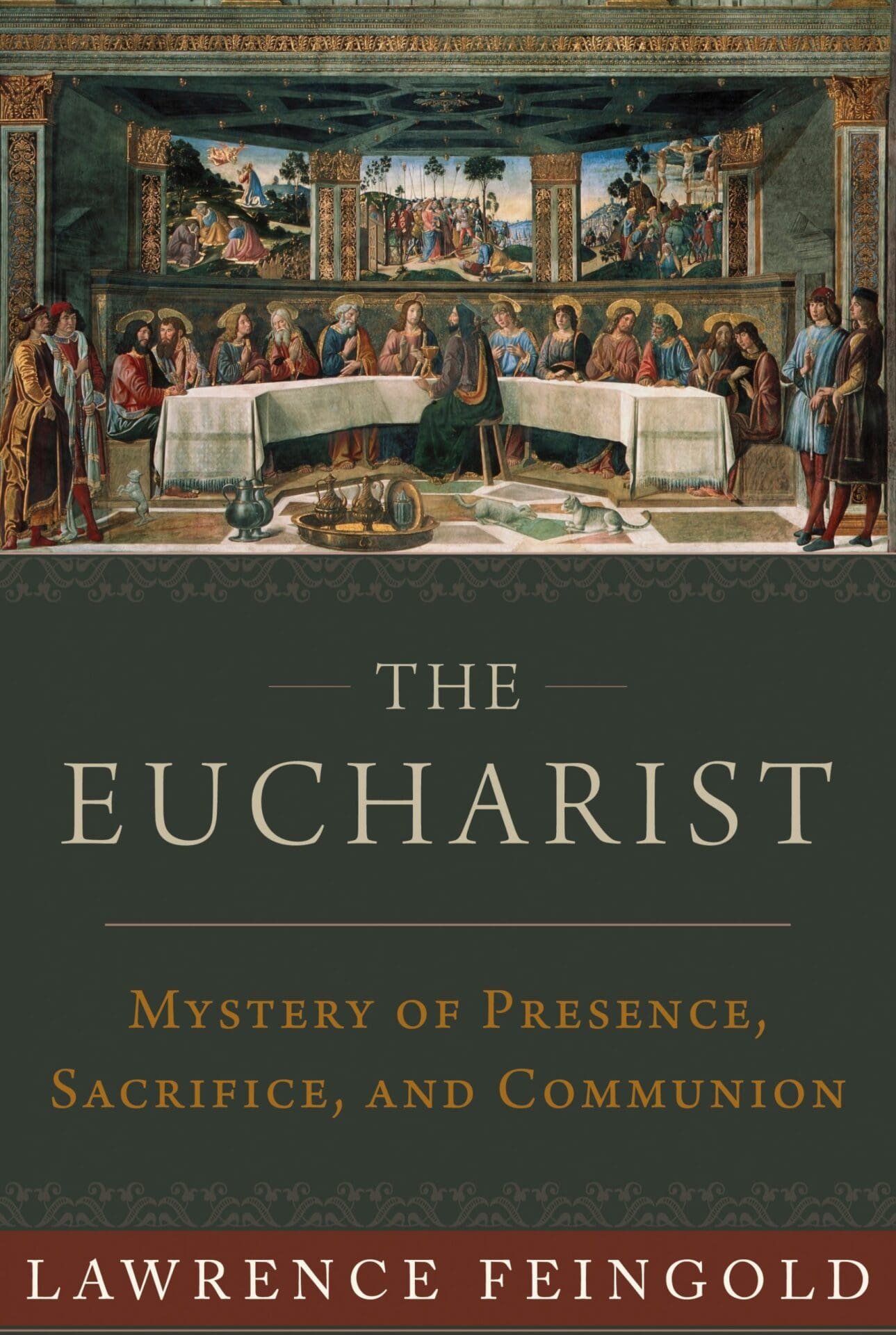The apostolic exhortation Christus vivit (Christ lives), which Pope Francis offered to the young people of the Church on April 2, includes a particular focus on the liturgy as a vehicle by which young people can discover God’s will in their lives.
Signed on March 25 by Pope Francis, the letter serves as an afterword to the October 3-28, 2018, Synod of Bishops on young people, faith, and vocational discernment.
In the letter, Pope Francis noted the value that young people place on silence in building a relationship with God.
“Many young people have come to appreciate silence and closeness to God,” he said. “Groups that gather to adore the Blessed Sacrament or to pray with the word of God have also increased. We should never underestimate the ability of young people to be open to contemplative prayer. We need only find the right ways and means to help them embark on this precious experience.”
There is also an enthusiasm for the liturgy, Pope Francis noted in the letter, that cannot be denied young people.
“When it comes to worship and prayer,” he writes, quoting from the final report of the October synod, “‘in many settings, young Catholics are asking for prayer opportunities and sacramental celebrations capable of speaking to their daily lives through a fresh, authentic and joyful liturgy.’ It is important to make the most of the great moments of the liturgical year, particularly Holy Week, Pentecost and Christmas. But other festive occasions can provide a welcome break in their routine and help them experience the joy of faith.”
In the letter, Pope Francis singled out the importance of song and music in the liturgy as an ever-ancient ever-new entrée for young people into the prayer of the Church.
“Music is particularly important,” the pope writes, quoting the Synod’s final report, “representing as it does a real environment in which the young are constantly immersed, as well as a culture and a language capable of arousing emotion and shaping identity. The language of music also represents a pastoral resource with a particular bearing on the liturgy and its renewal.”

